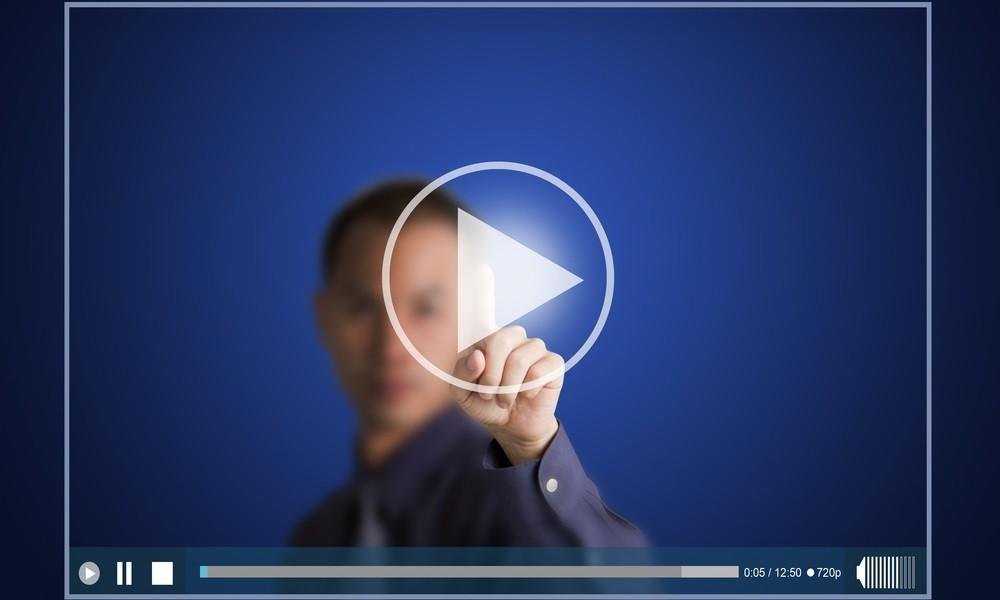Introduction
In an era dominated by digital technology, the creation and sharing of videos have become more accessible than ever. While this democratization of content creation has allowed for increased creativity and expression, it has also raised significant concerns regarding privacy, consent, and the implications of sharing private videos. This article explores the multifaceted issues surrounding private videos, examining their significance, the potential risks involved, and the ethical considerations at play.
Understanding Private Videos
Definition and Context
Private videos refer to recordings intended for a limited audience or personal use, often featuring intimate moments, private conversations, or sensitive content. These videos may include personal vlogs, family moments, or even intimate recordings shared between partners. Unlike public content, which is designed for mass consumption, private videos are meant to be shared with a select group of individuals, highlighting the importance of privacy and consent in their creation and distribution.
Common Scenarios Involving Private Videos
- Personal Recording: Many individuals create private videos to document personal experiences, such as birthdays, family gatherings, or vacations. These videos serve as cherished memories intended for close friends and family.
- Intimate Moments: Couples often share intimate videos with one another, believing that these recordings will remain private. However, the risks associated with sharing such content can lead to severe consequences if trust is broken.
- Professional Contexts: Private videos may also be used in professional settings, such as confidential meetings, training sessions, or employee evaluations. In these cases, the expectation of privacy is paramount. Xvids
The Risks of Sharing Private Videos
1. Unauthorized Access and Hacking
One of the most significant risks associated with private videos is unauthorized access. With the rise of hacking incidents, individuals’ personal data, including private videos, can be vulnerable to cybercriminals. High-profile cases of leaked videos from celebrities and public figures highlight the potential dangers of storing sensitive content online or on unsecured devices.
2. Revenge Porn and Consent Violations
Revenge porn refers to the non-consensual sharing of intimate videos, often with the intent to harm or humiliate the individual depicted. This malicious act can have devastating effects on the victim’s mental health, reputation, and personal relationships. The legality of revenge porn varies by jurisdiction, but it is increasingly recognized as a severe violation of privacy and consent.
3. Emotional and Psychological Impact
The emotional toll of having private videos exposed can be profound. Victims may experience anxiety, depression, and feelings of shame or humiliation. The fear of judgment from peers and the media can lead to social isolation and long-term psychological consequences.
4. Professional Repercussions
In professional contexts, the exposure of private videos can lead to significant repercussions. Employees may face disciplinary actions or termination if sensitive content is leaked, even if it was not intended for public consumption. This underscores the importance of maintaining confidentiality in professional settings.
The Legal Landscape
1. Privacy Laws
Laws regarding privacy and consent vary significantly across countries and regions. In many jurisdictions, unauthorized sharing of private videos can be subject to legal action, particularly in cases of revenge porn. Victims may seek restraining orders, damages, or other legal remedies to protect their rights and dignity.
2. Copyright and Intellectual Property
In some cases, individuals may also encounter legal issues related to copyright and intellectual property when it comes to private videos. For instance, if a video is shared without the creator’s permission, it could lead to copyright infringement claims. Understanding these legal frameworks is essential for individuals creating and sharing content.
3. Consent and Release Forms
In professional settings, obtaining explicit consent and using release forms can help protect individuals from potential legal issues. These documents clarify the intended use of the video and ensure that all parties involved understand their rights regarding privacy and distribution.
Ethical Considerations
1. The Importance of Consent
Consent is a fundamental ethical principle in all contexts, particularly regarding private videos. Individuals must understand the significance of obtaining explicit consent before sharing or recording intimate moments. This ensures that all parties are aware of the potential risks and agree to the terms of sharing the content.
2. Responsible Sharing
The rise of social media and instant messaging has made it easy to share videos with a wide audience. However, individuals must exercise caution and consider the potential consequences of sharing private videos, even with trusted friends. What seems like a harmless share can quickly escalate into a situation with far-reaching implications.
3. Media Responsibility
Media outlets also bear a responsibility in how they handle private videos. Ethical journalism should prioritize the dignity and privacy of individuals, refraining from sensationalizing or exploiting leaked content for profit. Responsible reporting can help mitigate the harm caused by unauthorized leaks.
The Role of Technology
1. Enhanced Privacy Features
As awareness of privacy issues grows, many social media platforms and video-sharing sites are implementing enhanced privacy features. These include options to control who can view content, making it easier for users to protect their private videos from unwanted exposure.
2. Encryption and Security Measures
Using encryption and secure storage solutions can help individuals protect their private videos from unauthorized access. By employing strong passwords and enabling two-factor authentication, users can significantly reduce the risk of their content being hacked or leaked.
3. Reporting Mechanisms
Platforms must also establish clear and accessible reporting mechanisms for users to report unauthorized leaks or violations of privacy. Swift action against violators can help deter future incidents and protect individuals’ rights.
Prevention Strategies
1. Educating About Digital Literacy
Raising awareness about digital literacy is crucial in preventing issues related to private videos. Educational initiatives should focus on the importance of privacy, consent, and the potential consequences of sharing personal content online.
2. Establishing Support Networks
Creating support networks for individuals affected by leaks or privacy violations can provide essential resources and assistance. Organizations dedicated to helping victims navigate the emotional and practical challenges can offer counseling, legal advice, and community support.
3. Promoting Open Conversations
Encouraging open conversations about consent and privacy among individuals, particularly in intimate relationships, is vital. By fostering a culture of communication and respect, individuals can better understand each other’s boundaries and the importance of consent.
Conclusion
Private videos occupy a complex space in the digital world, where the balance between personal expression and privacy rights can be fragile. As technology continues to evolve, the risks associated with unauthorized access and leaks remain significant. By understanding the importance of consent, exercising caution when sharing content, and advocating for stronger legal protections, individuals can navigate the challenges posed by private videos more effectively. Ultimately, fostering a culture of respect and responsibility around digital content can empower individuals to create and share their stories while safeguarding their privacy and dignity.




